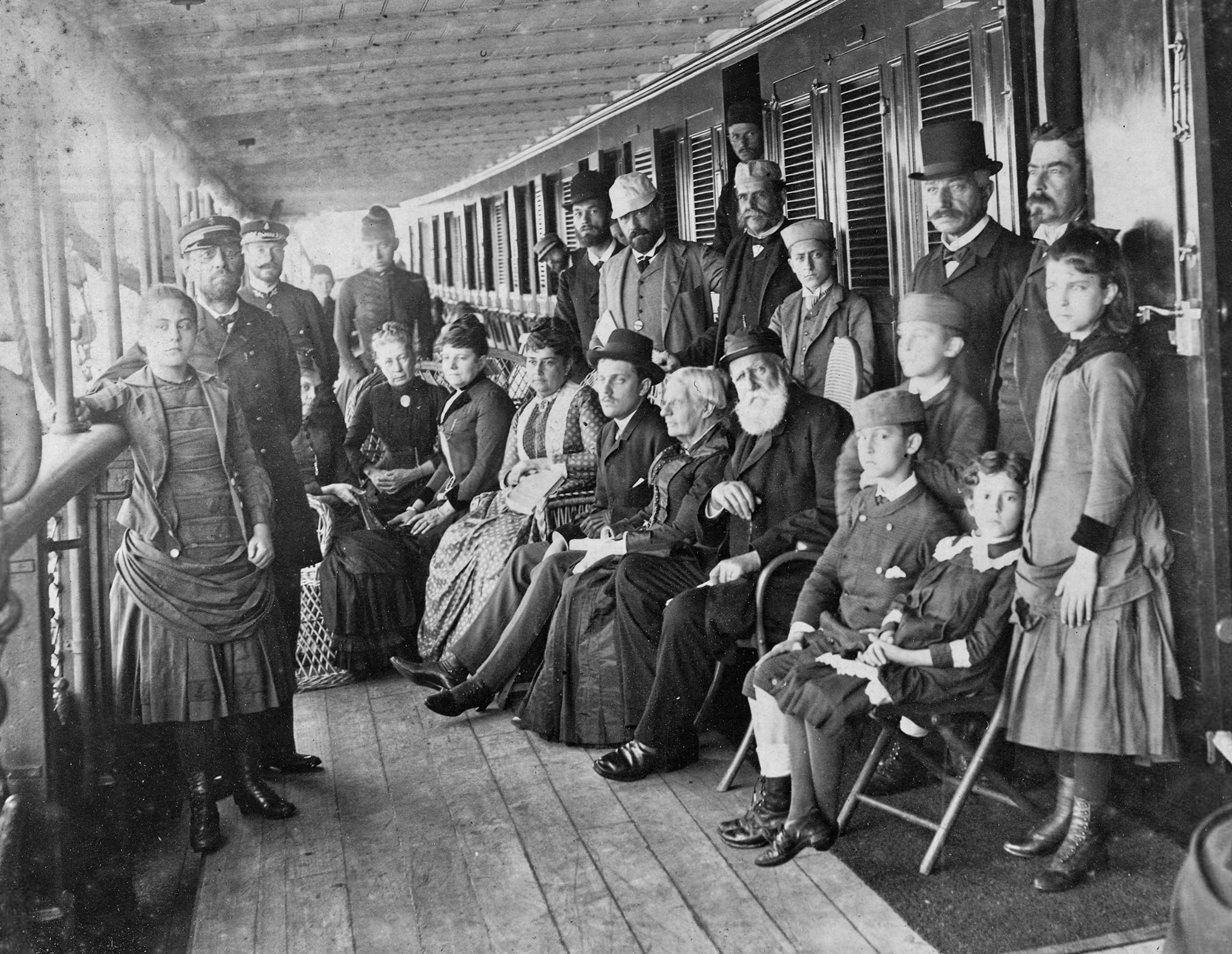In August 1888, the city of Rio de Janeiro welcomed the return of Emperor Dom Pedro II after a year-long trip to Europe for medical treatment. As they sighted Guanabara Bay, they saw the tribute made by the students of the Military School, then located at Praia Vermelha. They had placed a twelve-meter sign on top of Sugarloaf Mountain with the word “Salve” (Hail).

August 22, 1888, was one of the most impactful days in the life of the elderly Emperor and his wife; it was the first time they set foot on Brazilian soil after the Abolition of Slavery. The enthusiasm of the crowd of over 10,000 people at the city’s port witnessed the triumph of their reign before the public opinion. Journalist and Professor Carlos de Laet reported: “In August 1888, I saw the people of this capital running after the carriage that carried the Emperor from the Navy Arsenal. It was a legitimate, spontaneous, unexpected ovation that deeply moved the sovereign, making it difficult for him to compose himself, as tears stained the revered empress’s dress.” Just over a year before the Military Coup of 1889, the popularity of the monarchy in the capital of the Brazilian Empire seemed unshakable.
Reference: CASTRO, Celso. Os militares e a República: Um estudo sobre cultura e ação política. Brazil: Zahar, 1995.

Matheus Araújo
Matheus Araújo is the founder and editor of Brazilian History. Born in Rio de Janeiro and holding a degree in Advertising and Marketing, his passion for history led him to enroll at the Federal University of the State of Rio de Janeiro, where he is currently pursuing a degree in History Education.
